Discover There’s a Better Way: Smart Talk on Healthcare and Technology
There’s a Better Way: Smart Talk on Healthcare and Technology

There’s a Better Way: Smart Talk on Healthcare and Technology
Author: Surescripts
Subscribed: 148,495Played: 353,713Subscribe
Share
© Copyright 2022 916692
Description
The American healthcare system is one of the most innovative in the world. But it’s also riddled with complex challenges, such as access to affordable medications, inefficiency and administrative burdens, and communication barriers between providers. There’s clearly a better way—and at Surescripts, we have a unique sightline into what that may be.
In this series, host Melanie Marcus, Chief Marketing Officer of Surescripts, sits down with today’s most inspiring and innovative leaders in healthcare for in-depth and personal conversations. They’ll share their perspectives on the industry’s challenges and the efforts underway for navigating them.
By the end of each episode, you’ll walk away with real-world stories—stories that show a better way to tackle healthcare’s most stubborn issues as well as what the future might hold for an industry undergoing rapid change.
In this series, host Melanie Marcus, Chief Marketing Officer of Surescripts, sits down with today’s most inspiring and innovative leaders in healthcare for in-depth and personal conversations. They’ll share their perspectives on the industry’s challenges and the efforts underway for navigating them.
By the end of each episode, you’ll walk away with real-world stories—stories that show a better way to tackle healthcare’s most stubborn issues as well as what the future might hold for an industry undergoing rapid change.
38 Episodes
Reverse
When Patrick Leddin started his career jumping from Army planes, he quickly discovered the importance of leadership—and the power of bold moves. Now, the bestselling author and speaker has distilled insights from his work in entrepreneurship, leadership consulting and research into a new book cowritten with James Patterson. In this episode, he shares takeaways from a three-year research project studying positive disruptors in the world framework for thriving in uncertainty. Tune in to hear how disruption can be good for your own health and for healthcare as a whole.
From policy to technology, Seema Verma has a long history of transforming healthcare at scale. As the former Centers for Medicare and Medicaid Services (CMS) Administrator, Verma directed initiatives, such as the historic Patients over Paperwork, that helped advance care for patients and providers. Now, as EVP of Oracle Health, she uses technology to improve patient outcomes and care delivery. Listen in as she shares her optimism on how better technology, data and AI can help bridge gaps in care.
“I think many organizations aren't really designed to innovate,” says Scott Howell, M.D. When it comes to opportunities to innovate healthcare, Dr. Howell sees low-hanging fruit everywhere. But, he claims, “the rule is you can’t touch it.” As a young provider, Dr. Howell saw firsthand the consequences of healthcare inefficiencies. His frustration with a flawed system inspired him to pursue his MBA and work to improve healthcare on a bigger scale. Follow Dr. Howell’s journey and learn how he believes we can achieve innovation that drives better access to care.
“We’ve got the system that we’ve designed and the one that we’re paying for,” says Matt Eyles frankly. Eyles has spent a fascinating career trying to align the two. From government to life sciences to the nationwide health plan association AHIP and beyond, he’s wrestled with some of healthcare’s trickiest challenges from just about every angle. How do we balance innovation and affordability? Or access and safety? Follow Eyles’ analytical mind as he breaks down what goes on behind the scenes at health plans, the often-invisible innovation happening there today, and why “value-based care” may need a rebrand.
From paper charts to electronic records to artificial intelligence, Dr. Eric Boose has experienced the transformation of primary care firsthand. Dr. Boose was a quick adopter of electronic health records when they came onto the scene. His early interest in the technology primed him to become a leader in clinical informatics. Today, in addition to being a family physician at Cleveland Clinic, he’s an Associate Chief Medical Information Officer with a focus on improving the outpatient experience. Tune in to learn more about the advancements being made that reduce administrative burden and let physicians focus on the patient.
Frequent flyers are likely aware of CLEAR, a company that uses biometrics to expedite identity verification at airports. Now, David Bardan is helping bring CLEAR’s transformative identification technology to healthcare. After a decade of experience in the healthcare and technology sectors, Bardan joined CLEAR in 2022 to head their healthcare initiatives. In this episode, Bardan discusses the opportunities made possible by identity verification. Learn how CLEAR is helping unlock operational efficiencies and seamless experiences for patients and the providers who care for them.
John Schilling, M.D., co-leads TPG Capital’s healthcare investments, where he helps decide on the best opportunities for driving healthcare innovation. Tune in to our chat about spurring systemic innovation and making life better for patients and the providers who care for them. “We always start with the patient,” Schilling says on the episode, “and we work back from there.” Listen now to hear about his origins as a doctor of medicine and how it informs his current role in the world of private equity.
Healthcare executive Jen McGonigle has worked at the intersection of healthcare and technology for over 20 years. Her experience has taught her that regardless of what challenges technology can bring, its innovations far outweigh any cons. In our first episode of the season, we sit down with Jen McGonigle of Optum Rx for a chat about cultivating innovation. We discuss innovation at two levels. One is the level of technology—including Optum Rx’s products and capabilities that help tackle prohibitive drug pricing and treatment delays. The other is a higher-level view across healthcare—such as the prior authorization innovations made possible via cross-industry collaboration. Join us as we look at what spurs innovation in American healthcare and how it can catalyze good for patients and those who care for them.
The American healthcare system is one of the most innovative in the world. But it’s no secret that we also face serious challenges. Too many patients cut pills in half to make them last, too many can’t access care in the first place, and too many providers are so burned out with paperwork and administrative tasks that they’re leaving practice altogether. Yes, we know that we’ve got our work cut out for us. We know that for so many of these challenges, there truly is a better way. Welcome to the fourth season of the award-winning podcast “There’s a Better Way: Smart Talk on Healthcare and Technology.” I’m your host, Melanie Marcus, from Surescripts. This season we’re diving into the work of systemic innovation in healthcare. Each guest we have on our show is a changemaker, in one way or another, and together they paint the picture of how innovation can happen—and is happening—right now across healthcare. If you’re up for smart, energizing, story-driven conversations about healthcare and technology, tune in to “There’s a Better Way.” Season 4 premieres on all major podcast apps in May.
Troy Tazbaz has long worked at the intersection of business and technology. And while it may not seem like a typical background for working at the Food and Drug Administration (FDA), it may be just what is needed to push healthcare technology forward. On our podcast, Tazbaz recounts his thoughts as he accepted the position of Director of the Digital Health Center of Excellence at the FDA: “Given what was going on with artificial intelligence and all these emerging technologies, I felt that it was a really great time to join and come with a perspective that combines both my technical background and my business acumen.” Tazbaz recognizes that healthcare technology will need to be more than innovative to improve outcomes and reduce provider workload. It will take public-private partnership and a shift in perspective to take advantage of the possibilities. In the season finale of our podcast, we take a closer look at the potential of healthcare technology and Troy Tazbaz’s personal journey that led him to where he is today.
Alexandra Drane is a bona fide change agent in healthcare. Not content with being an entrepreneur, she became a serial entrepreneur, and founded multiple healthcare ventures that have ranged from health IT to support for unpaid (and often unsung) caregivers. Drane’s unique mix of irreverence and optimism has brought her from one challenge to the next, from healthcare analytics to empowering caregivers, plus a stint at Walmart as a clerk—after she had already started three businesses—to get on-the-ground experience on what “customer service” really means. In our seventh episode of the season, Drane shares her perspective on caregivers as unsung angels, and how effecting change in healthcare is well within reach when you put your mind to it.
Care teams are evolving to break down silos and prioritize collaboration in patient care. Is healthcare ready? Dr. Eric Weidmann, a former chief medical officer and primary care physician, stops by our podcast to share his perspective on some of the most pressing questions in healthcare today, including: How can an expanded care team help make up for shortages in primary care physicians and gaps in patient access to care? How does interoperability and information sharing empower providers to better treat patients? What role does transparency play in the evolving healthcare landscape? With his background in primary care and health technology, Dr. Weidmann believes that we should expand primary care access for every patient—and he helps us draw a roadmap.
In the early days of her career, Susannah Fox fell in love with the democratization of data and the rebalancing of power. Today, that passion has taken the form of helping empower patients with their care.Fox wrote her observations of the shift toward patient-led care in her new book, Rebel Health: A Field Guide to the Patient-Led Revolution in Medical Care. As she notes in the episode, “Patients have to rebel to see change in healthcare. They are the people who have the most at stake, and yet appear on no organizational chart for any healthcare company.” Fox also discusses the healthcare technology innovations she helped bring to life as the Chief Technology Officer for the U.S. Department of Health & Human Services during the Obama administration. Get to know Susannah Fox and her perspective on navigating the American healthcare system on the fifth episode of our season.
When Catharine Young, Ph.D., decided to become a scientist, she had no idea she would ever work for government agencies like the Department of Defense. But by working at such influential organizations, she learned about their power to solve some of healthcare’s biggest problems. Young’s career path led her to the White House’s Cancer Moonshot initiative, where she helps advance the mission of decreasing cancer deaths by 50% over the next 25 years. As Young notes in this episode, “[Cancer] is a disease that touches all of us. And when we think about mission-driven work, this to me really fulfills that. Because I know that the work that we do every day at the Biden Cancer Moonshot will have impact around the world in some capacity.” In our fourth episode of the season, we talk with Catharine Young about the role of government in healing healthcare.
From her initial dreams of becoming a pharmacologist to her current role as an advisor for national health IT efforts, Tricia Lee Rolle has always been interested in research and getting stuff done. As Rolle says, “What is really fulfilling about being in government is that you realize what you're doing is affecting not just one or a few or a handful of patient lives, but we're really doing it in mass and at scale.” In the third episode of the season, we talk with Tricia Lee Rolle about the transformation of healthcare through the lens of medication management and the evolving role of the clinical pharmacist. How can we effect change in healthcare? How can we empower care providers with the tools they need to improve patient care? Rolle shares her experiences at the highest levels of industry and government.
Pooja Babbrah has secured a trifecta in healthcare: She’s the Practice Lead for Pharmacy and PBM Services at Point-of-Care Partners, is a board member of the National Council for Prescription Drug Programs and was recently a member of the HITAC Pharmacy Interoperability and Emerging Therapeutics Task Force at ONC. Babbrah’s work at these organizations has proven complementary, as she notes on the episode: “Moving value-based care forward, pharmacogenomics and pharmacy interoperability—all that's being talked about both at the standards development organization and the work that I do at Point-of-Care Partners.” Thanks to her roles, Babbrah has been able to advocate for new industry standards as well as help make implementing them a reality. In the second episode of the season focused on the future of pharmacy, we talk with Pooja Babbrah about how to bring pharmacy interoperability to life through technology, collaboration and standards—and how this will impact care for the better.
As the son of a pharmacist and a licensed pharmacist himself, Doug Hoey is intimately familiar with the importance of community pharmacies. As Hoey notes, “People will come to their community pharmacies with issues that they just can't get served in other venues. I personally think that they are kind of a healthcare safety net, if you will.” Hoey has been supporting community pharmacies for 13 years as the Chief Executive Officer of the National Community Pharmacists Association. On this season premiere episode, we talk with Hoey about what he believes the future holds in pharmacy, how he works to promote and advocate for independent pharmacists, and what the role of pharmacy can and should be in the shifting healthcare landscape.
The American healthcare system is one of the most innovative in the world, but it’s also riddled with complex challenges. On Season 3 of “There’s a Better Way,” we’re taking a closer look at ways in which healthcare can heal itself—through innovation that prioritizes collaboration and positive impact, through intelligence sharing that improves the experience for patients and those who care for them, through policies and technologies that allow the care team to evolve and overcome an epidemic of burnout, and through real-talk and fresh insights from today’s most inspiring and innovative leaders in healthcare. You’ll hear perspective and personal stories from a new slate of healthcare leaders who are stepping up to solve what’s broken in healthcare. You’ll hear from the head of the national trade association representing community pharmacists, a former Chief Technology Officer at HHS, the Chief Medical Officer of an EHR software company and a senior leader at the FDA, among others. Listen in as host Melanie Marcus from Surescripts asks her guests: How would they heal healthcare? What’s their diagnosis? What prescription might they write?
Aneesh Chopra is President of CareJourney, an open data and analytics platform delivering a trusted, transparent rating system for physicians, networks, facilities and markets on the move to value. Prior to CareJourney, Chopra served as the first U.S. Chief Technology Officer (2009–2012) and as the fourth Virginia Secretary of Technology (2006–2009). Chopra authored “Innovative State: How New Technologies Can Transform Government” (2014), about creating a more open, tech-savvy government, and in 2011, Modern Healthcare named Chopra to its list of 100 Most Influential People in Healthcare. In this episode, Chopra charts the path of his life that led to his role as the first U.S. CTO under President Barack Obama. “As the federal government’s first Chief Technology Officer,” Obama wrote, “Aneesh Chopra did groundbreaking work to bring our government into the 21st century. Aneesh found countless ways to engage the American people using technology, from electronic health records for veterans, to expanding access to broadband for rural communities, to modernizing government records. His legacy of leadership and innovation will benefit Americans for years to come.”
In an age of misinformation and doubt, Geeta Nayyar, M.D., is a builder of trust. “Dr. G,” as she is known, recognizes that trust is the key to having a successful relationship between patients, providers and payers. “If I don’t trust you, I certainly won’t listen to you or take your advice,” says Dr. G. In this episode, Dr. G describes how she witnessed firsthand the transition from the old school to the new school, from physical paperwork to the electronic health record (EHR) platforms—while still in medical school in Miami and then as a newly-minted rheumatologist. “I saw the potential and promise of this better option for connecting data, connecting communications,” Dr. G says in the episode. And as we connect data and communications, we will build trust, which is fundamental in healthcare. “The day-to-day relationship, building the doctor-patient relationship, should be part of the digital transformation.” Dr. G’s book Dead Wrong, which grew out of her work to battle misinformation (and build trust) during the COVID-19 pandemic, is set for publication in October 2023.




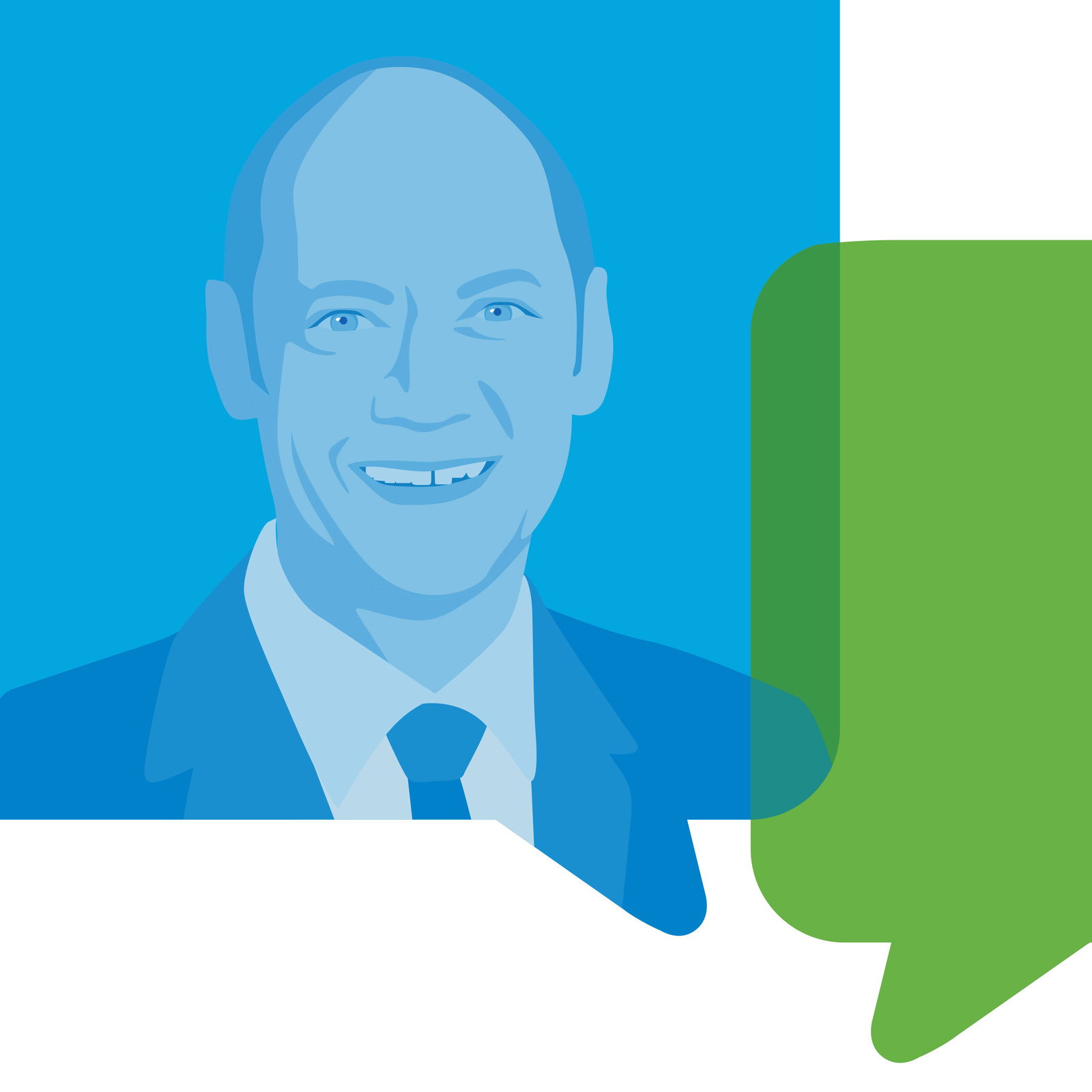



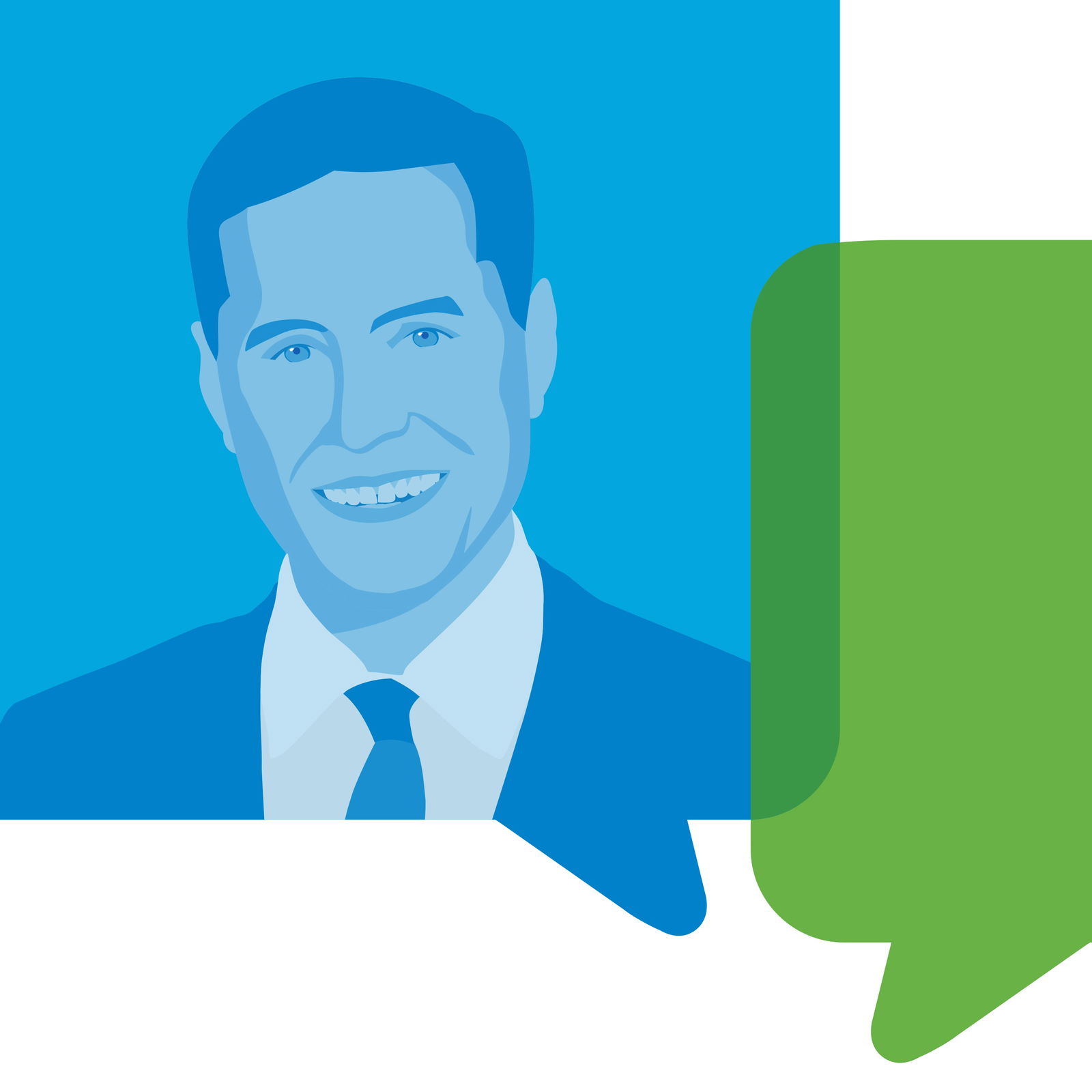

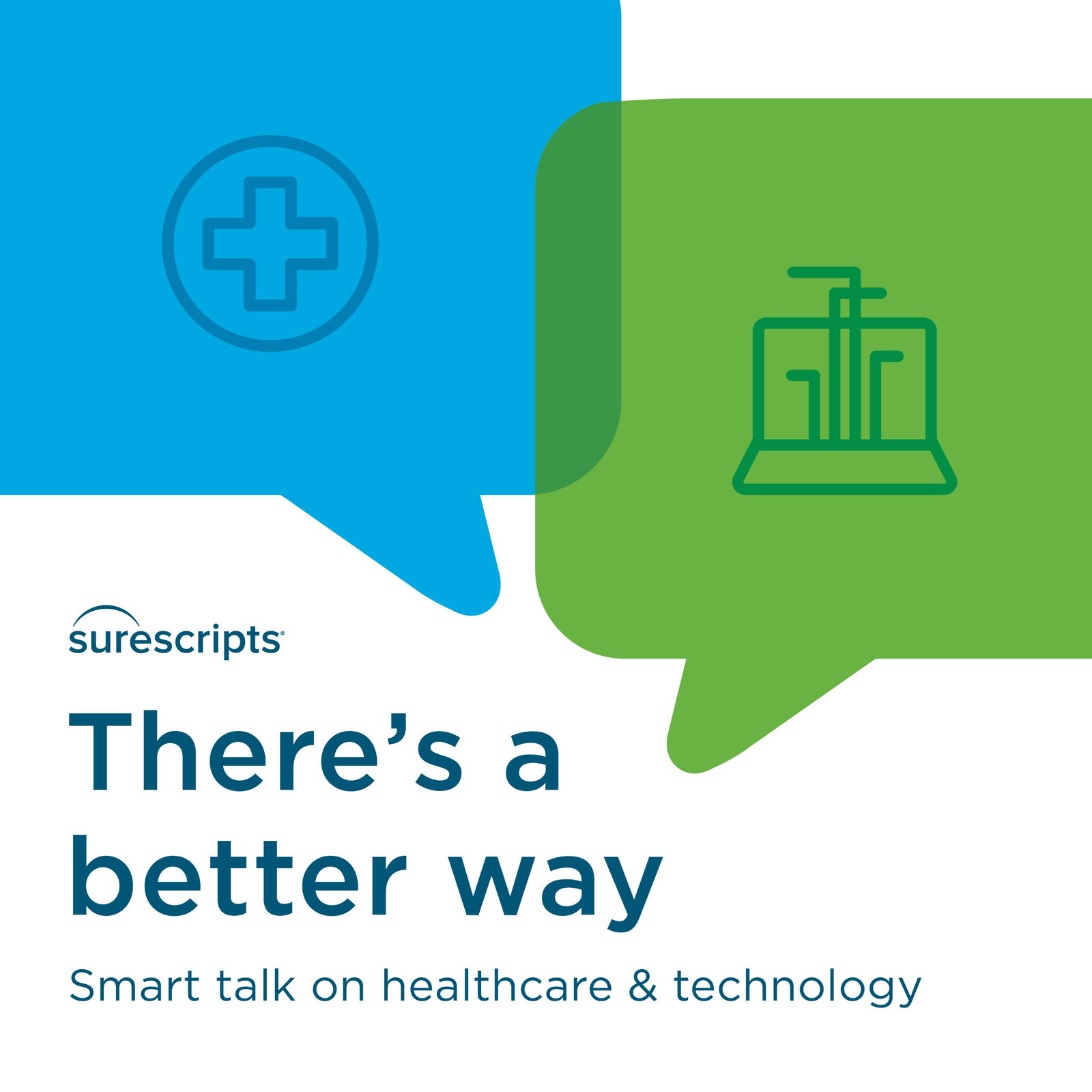


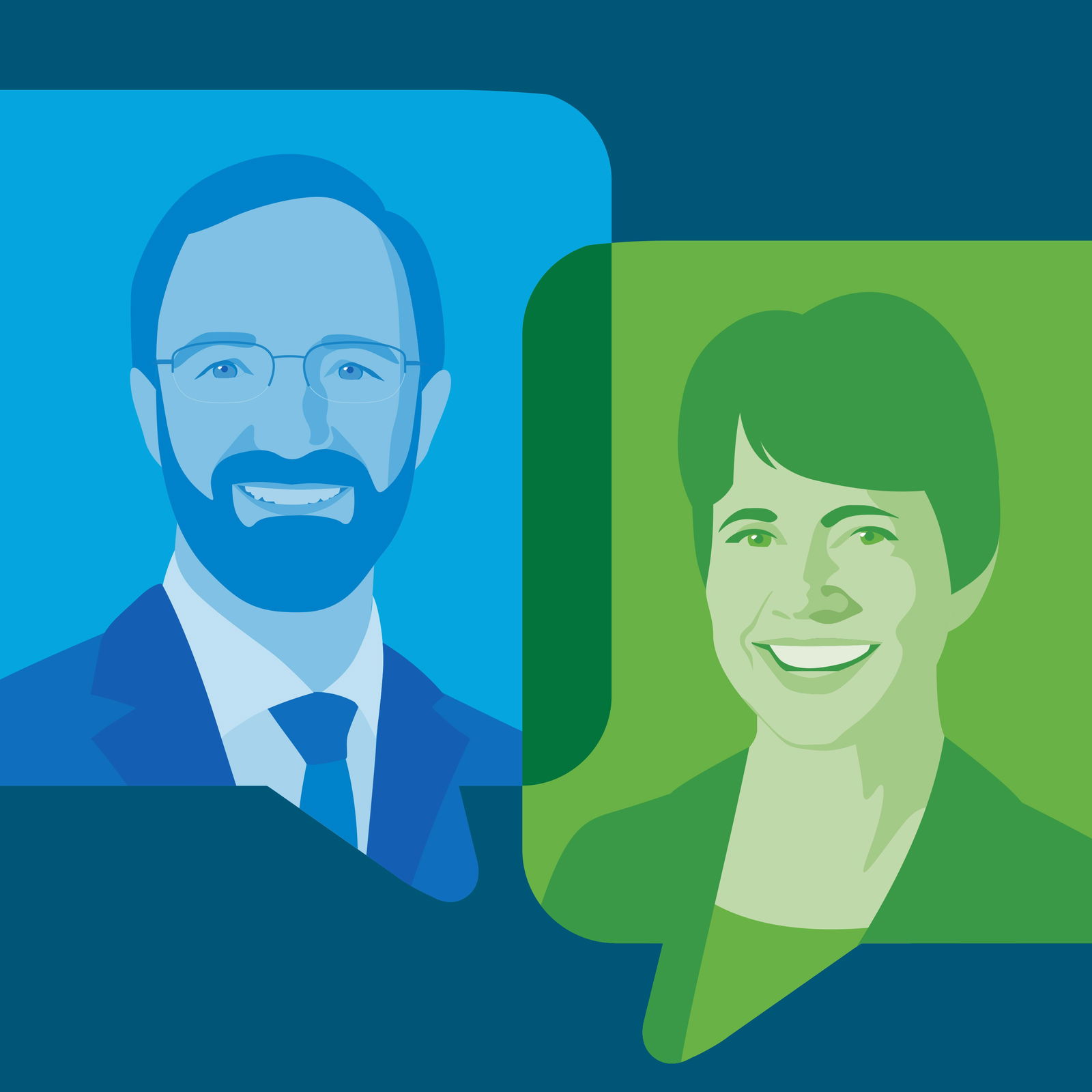





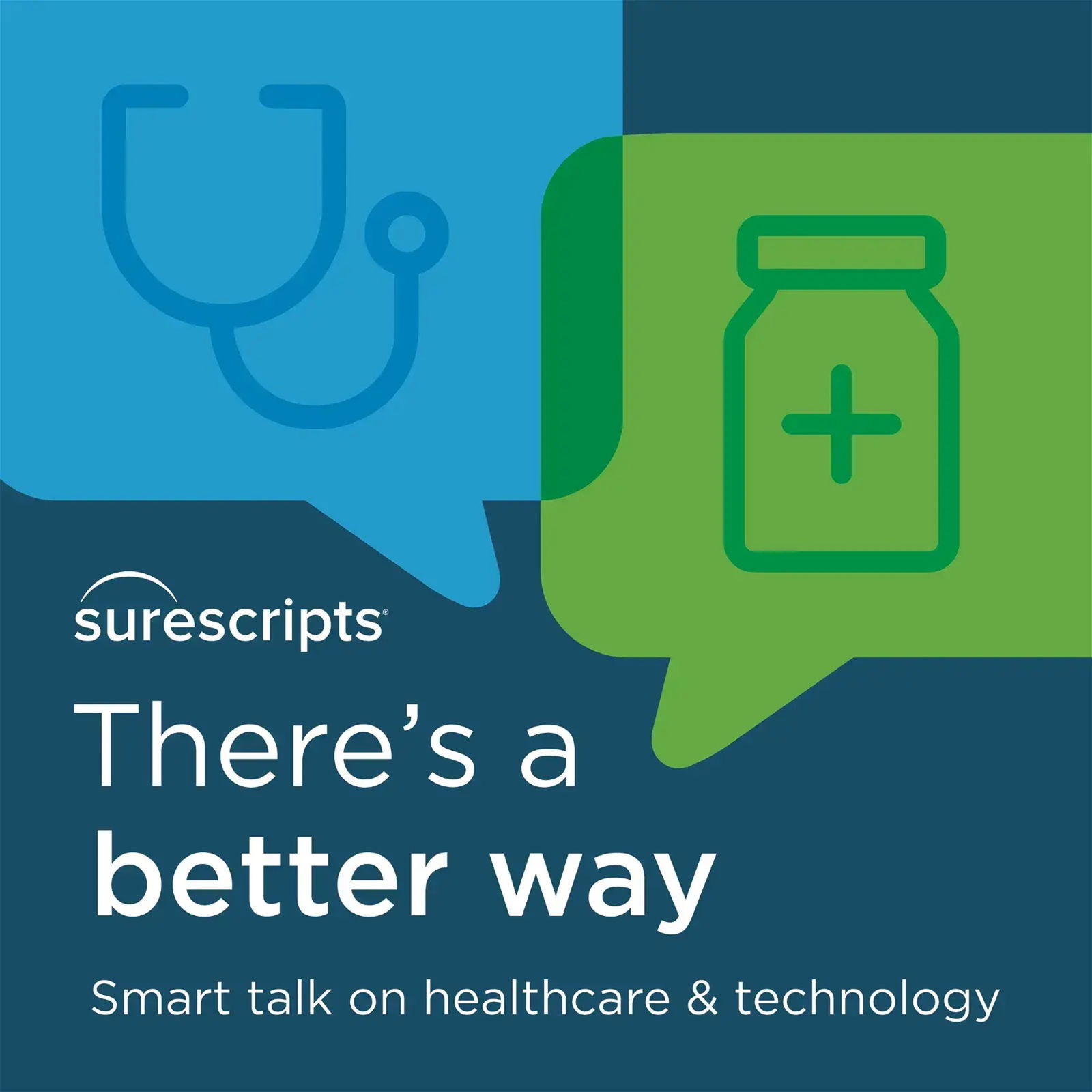
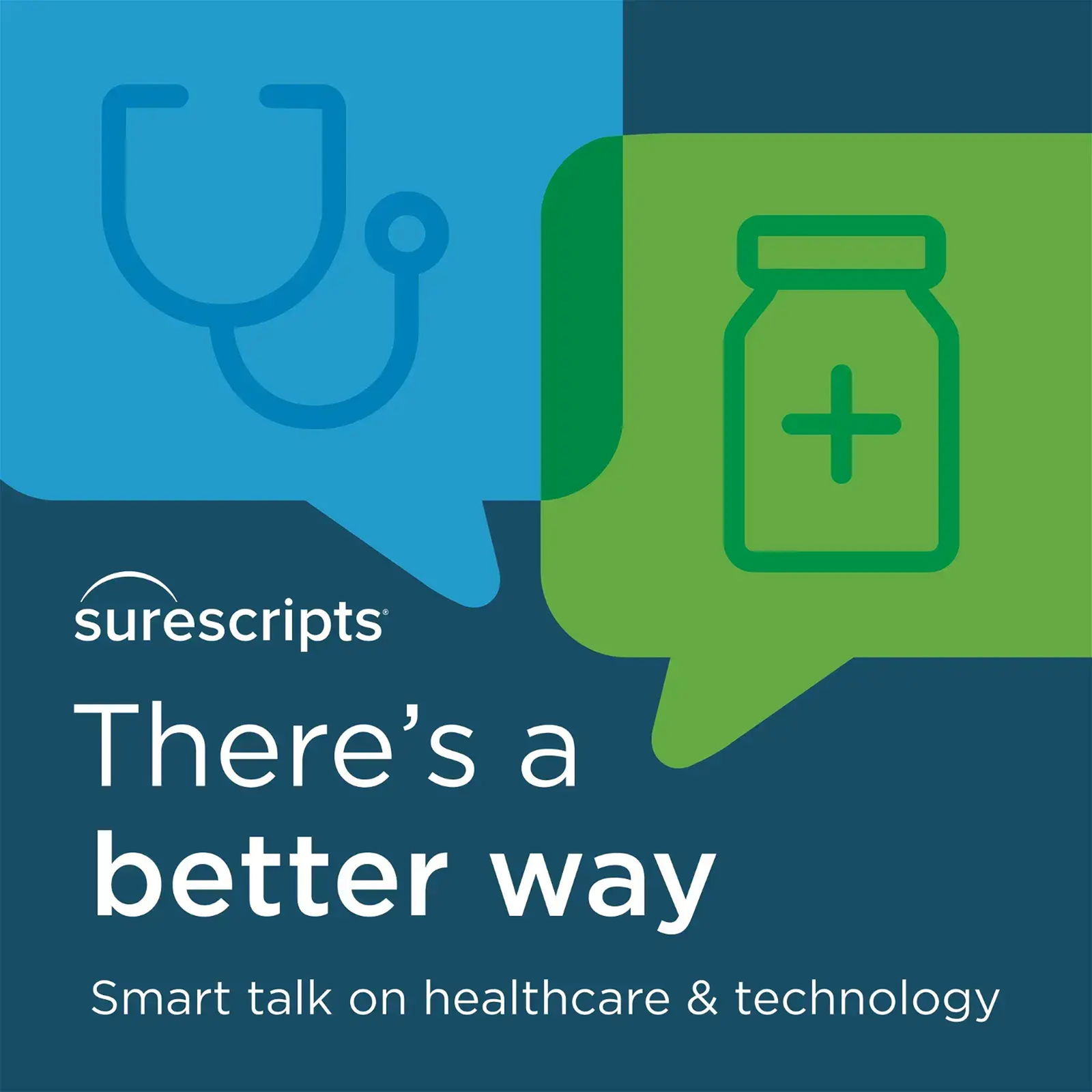
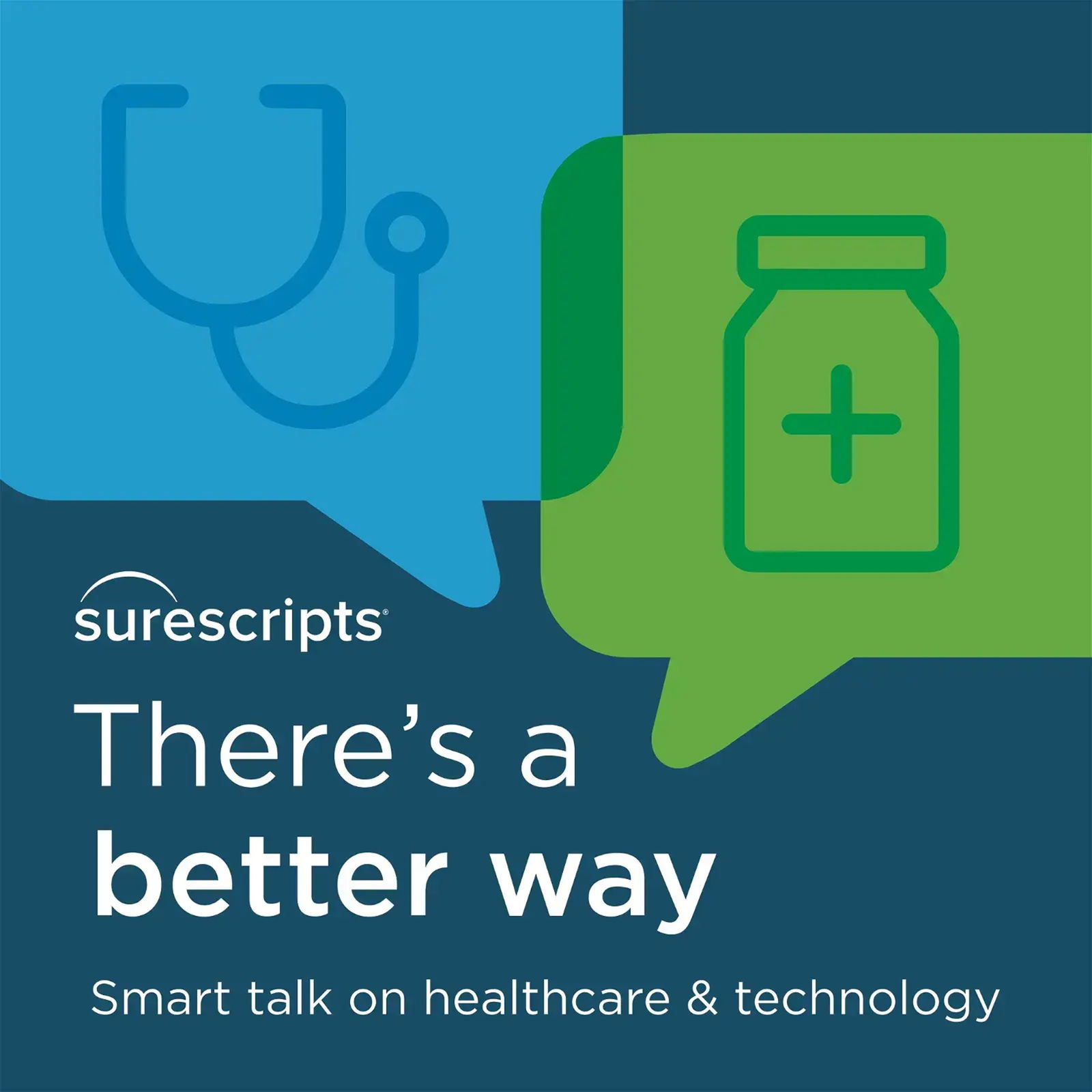



Really enjoyed your conversation with Jen McGonigle and how you explored innovation in healthcare. It reminded me of the time I used the click here service to streamline all my documentation and verification needs—especially when managing student visas and official forms abroad. This kind of forward-thinking approach applies not just to healthcare tech but also to everyday administrative workflows. Thanks for sharing such an insightful episode!
https://puskr.aliyasen.in https://jalandhr.aliyasen.in https://rachi.aliyasen.in https://cgl.aliyasen.in https://amritsr.aliyasen.in https://bhimtl.aliyasen.in https://ramnagr.aliyasen.in https://halwani.aliyasen.in https://nainitl.aliyasen.in https://panipt.aliyasen.in https://sonipat.aliyasen.in https://rudrpur.aliyasen.in
poppy seeds Fresh poppy pods are the seed pods that are harvested from the poppy flower. Poppies are known for their beautiful flowers, but it’s their seed pods that are of the most value. These pods contain the seeds for the next crop and, when dried, they are frequently used in floral arrangements and other decorative crafts. By using fresh poppy pods, you can take your art to the next level as it gives a natural and pleasant look to your creations. https://primiumpoppypods.com/
maine coon kittens for sale under $1000 Our journey began with a simple, irresistible love for Maine Coon kittens for sale. Today, we operate under the brand name “Adorable Claw”, proudly pitting ourselves as one of the credible and well-established breeders in the industry. At our core, we specialize in the sale of superior quality, pedigree Maine Coon kittens, distinguishing ourselves through our passion, commitment, and exceptional standards. https://adorableclaw.com/
Dr. Boose’s early adoption of electronic health records highlights his forward-thinking approach to technology in healthcare, which positioned him as a leader in clinical informatics and paved the way for advancements in improving patient care and data management. https://ssoidrajasthans.net/
CLEAR’s biometric verification has already proven its value in streamlining airport security, and bringing this technology into healthcare could be a game-changer. By simplifying patient identification, it has the potential to reduce errors, enhance security, and create a more seamless experience for both patients and providers. https://thedeltaexecutors.net/
Story Video AI https://story-video.com - Turn Your Stories into Videos, for Free The all-in-one, completely free AI video creation platform. Instantly transform your text, stories, and scripts into professional-grade AI videos. Unleash your imagination, we'll handle the rendering.
AI solutions like those discussed by David Bardan at CLEAR are a great example of how secure identity technology can streamline complex systems, especially in sectors like healthcare where speed and accuracy are critical. The same principle of leveraging smart, secure tools to enhance user experience applies across industries. In the real estate space, for instance, having access to reliable and transparent platforms can significantly ease the process of buying, selling, or managing homes. You can learn more about how that’s being done in London through a platform focused on making property services more efficient and accessible.
Ai Helper: David Bardan of CLEAR discusses improving healthcare access and efficiency using CLEAR’s secure identity technology. https://homeworkifyofficial.us/
1😀12
The Surescripts podcast is profound, and each episode brings a new perspective on the medical industry. Relax after listening, and I recommend two super fun mini-game websites: 🎮 Subway Surfers — Parkour classic, strong sense of rhythm 🧩 Block Blast Online — Unzip puzzle, relaxing and addictive Subway Surfers: https://subwaysurfersgame.cc/ Block Blast Online: https://blockblastonline.xyz/
This sounds like a timely and important series—healthcare innovation and real-world stories are exactly what we need more of right now. Just like finding the right solutions in healthcare, choosing the right services in other areas—like a https://carridearabia.com/ —can make all the difference in experience, comfort, and efficiency. Looking forward to hearing the insights shared in these episodes!
Simple activities like Mario kleurplaat really help kids stay creative and focused. Check it out: https://azkleur.nl/mario-kleurplaat/
Simple activities like Mario kleurplaat really help kids stay creative and focused. Check it out: https://azkleur.nl/mario-kleurplaat/
Interesting discussion! While exploring smarter ways in tech and education, don’t forget how simple tools like a Mario kleurplaat can support kids’ creativity and focus in a low-tech, engaging way. Check it out here: https://azkleur.nl/mario-kleurplaat/
if you are fan of the this then click on here https://orlando.turbotint.com/
If you're a fan of anime-style football games, then https://bluelockrivalscodes.net/ is your go-to source for Blue Lock Rivals codes. Redeem your freebies today and power up your squad.
https://prozonee.to/ Prozone CC is an illicit online marketplace operating within the dark web, primarily facilitating the trade of stolen credit card information.
Prozone CC https://prozonee.to/ is an illicit online marketplace operating within the dark web, primarily facilitating the trade of stolen credit card information. It serves as a hub for cybercriminals seeking to buy or sell sensitive financial data, including "dumps" and CVV2 codes.
If you're playing Jujutsu Infinite on Roblox, https://jujutsuinfinitecodes.net/ is your go-to source for fresh codes. Get instant access to redeemable rewards and level up faster. Updated regularly so you never miss a free spin.